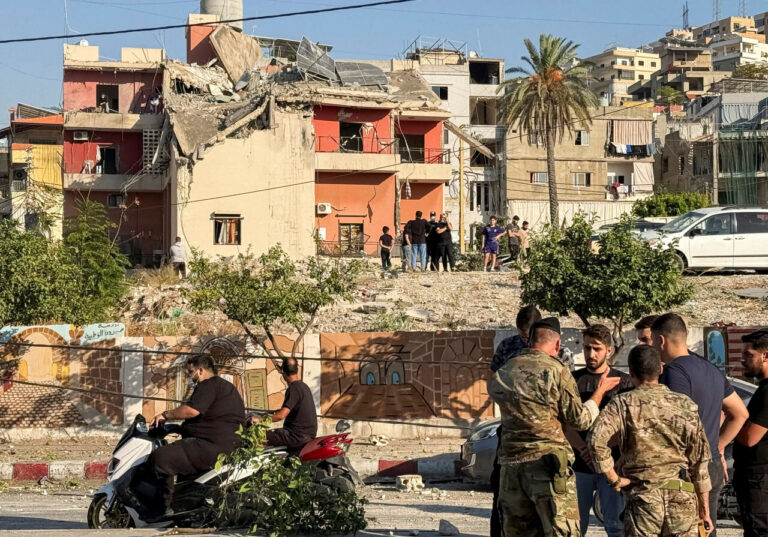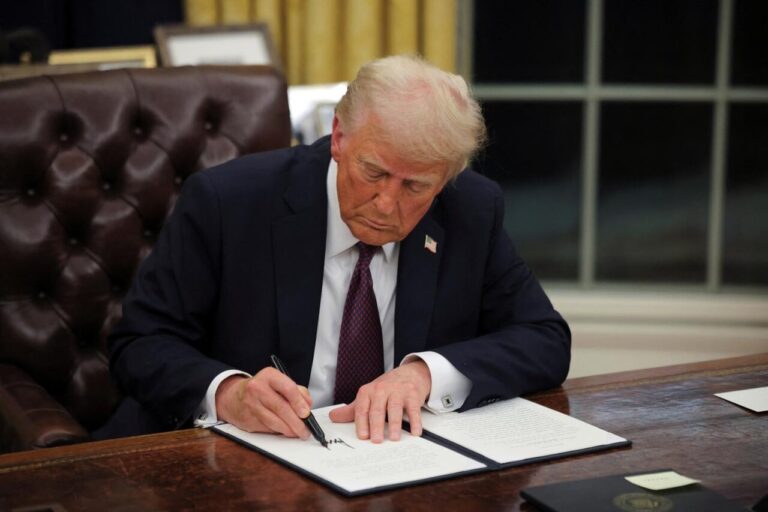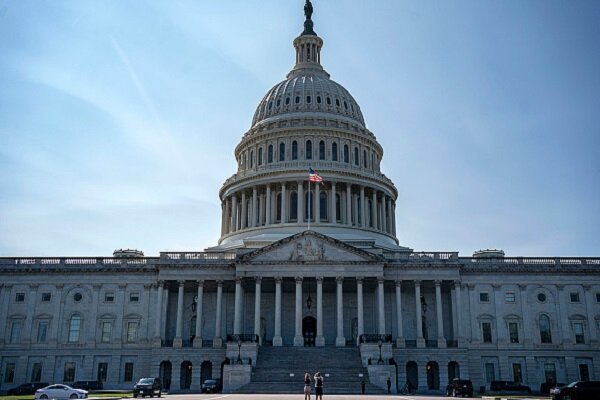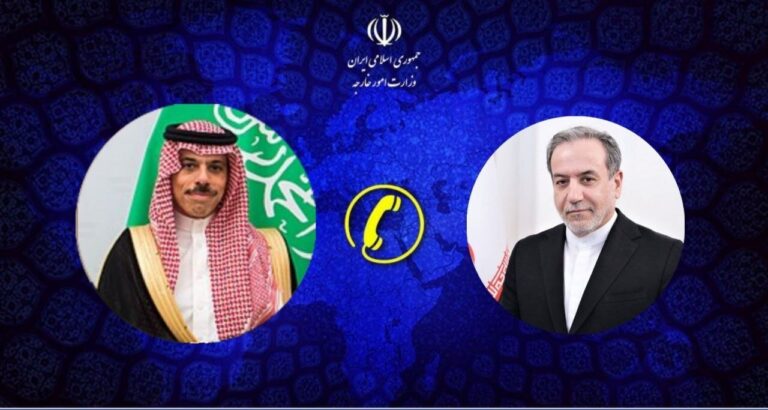
Similar Posts

How Civilian Resistance Led to Israel’s Strategic Retreat from Southern Lebanon
The Israeli withdrawal from southern Lebanon illustrates how unarmed civilian movements can challenge military occupations. Despite a U.S.-brokered ceasefire requiring withdrawal by January 26, 2025, Israeli troops remained, sparking protests among displaced residents. On January 26-27, Israeli forces killed 24 protesters, igniting international condemnation. Mass demonstrations emphasized civilian resilience and a demand for sovereignty. This grassroots movement undermined Israel’s military strategies, revealing the limitations of conventional warfare tactics. By prioritizing peaceful protests, Lebanese civilians reshaped the conflict narrative, proving that psychological and informational strategies can be as powerful as military might in modern warfare.

April 25: Landmark Global Siege on U.S. Embassies Sparks Outrage for Gaza
On April 25, 2025, a “Global Day to Besiege U.S. Embassies” saw thousands of activists worldwide rally in solidarity with Gaza, highlighting the region’s humanitarian crisis exacerbated by U.S. military support. Protests spanned continents, with significant demonstrations in cities like Washington, D.C., New York, and London, demanding an end to U.S. backing of Israel and accountability for alleged war crimes. Activists called for an arms embargo and increased humanitarian aid for Palestinians. The movement underscores a united global demand for justice, reflecting growing awareness of the injustices faced by the Palestinian people and the urgent need for policy changes.

Trump and Technofeudalism: Unpacking Big Tech’s Expanding Power and Influence
Donald Trump’s inauguration highlighted the significant relationship between the tech industry and U.S. government, showcasing the influence of Big Tech in politics. Key moments included Trump’s imperialist rhetoric and plans for mass deportations. Notably, tech moguls like Mark Zuckerberg and Tim Cook were prioritized over his cabinet during the ceremony, reflecting their growing power. This relationship has been termed “technofeudalism,” likening Big Tech to feudal lords who control essential digital resources, with users resembling serfs. The rise of data colonialism, especially during the COVID-19 pandemic, further emphasizes the need for critical dialogue about the implications of this power structure in society.

US Considers Halting All Military Aid to Ukraine: What It Means for Global Security
Military supplies to Ukraine may face significant delays following President Zelensky’s contentious meeting with former President Trump, according to The Washington Post. The potential halt could affect billions in military equipment, including radars and missiles, currently awaiting shipment. Tensions escalated during the meeting, where Trump criticized Zelensky for perceived disrespect towards the U.S. and Vice President JD Vance echoed concerns about Ukraine’s acknowledgment of American support. The situation has raised alarms about Ukraine’s defense capabilities amid the ongoing conflict with Russia. Analysts emphasize the need for improved diplomatic relations to secure continued support for Ukraine.

Iran and Saudi Arabia Foreign Ministers Engage in High-Stakes Diplomatic Talks
Saudi Arabia’s Foreign Minister Faisal bin Farhan and Iran’s Foreign Minister Abbas Araghchi held a significant phone conversation to discuss pressing regional issues and the upcoming Organization of Islamic Cooperation (OIC) meeting in Jeddah. They addressed key topics such as regional security, economic cooperation, and maintaining diplomatic relations to enhance trust. This dialogue reflects a willingness to improve relations between the historically rival nations, emphasizing collaboration amid ongoing challenges in the Middle East. As the OIC meeting approaches, the conversation highlights the potential for increased cooperation and the importance of unity among Islamic nations.

US and Israel Target Africa for Strategy to Displace Palestinians from Gaza
The U.S. and Israel are engaging East African nations—Sudan, Somalia, and Somaliland—in discussions about resettling over 2 million Palestinians from Gaza, a part of Trump’s controversial postwar plan. Sudan has rejected the proposal, while officials in Somalia and Somaliland claim they are unaware of such outreach. The plan faces significant ethical and legal concerns, as many Palestinians and Arab nations oppose the idea, advocating for reconstruction in their homeland instead. Human rights organizations warn that pressuring Palestinians to relocate could be a war crime. The discussions remain secretive, with incentives potentially offered to these nations for cooperation.